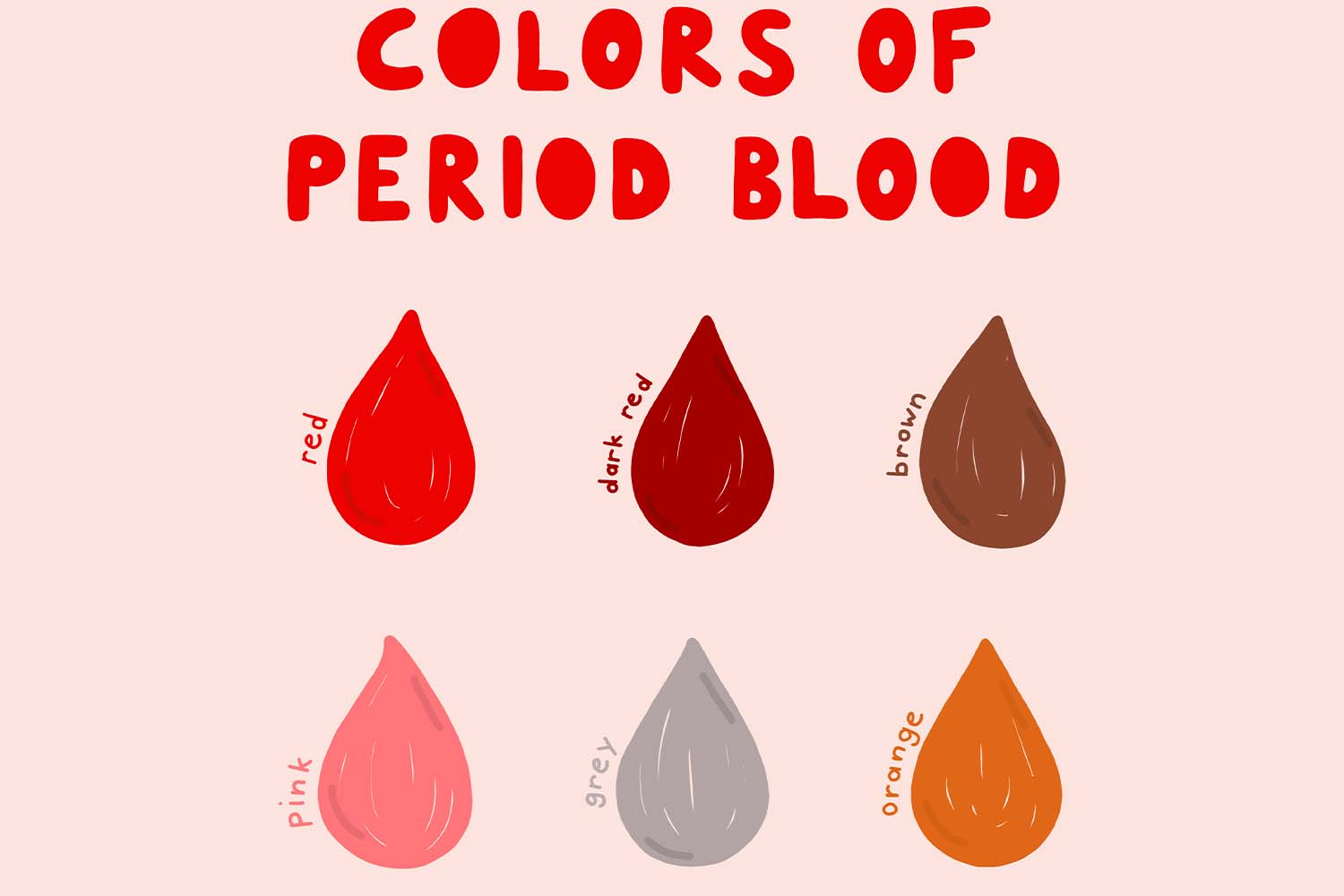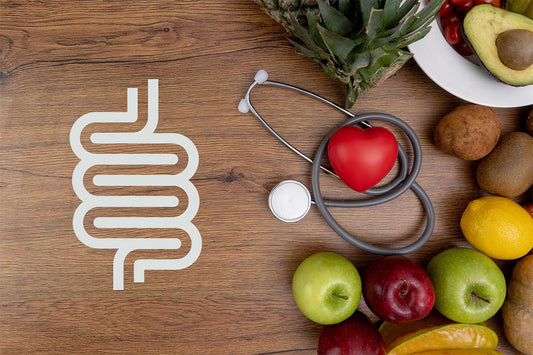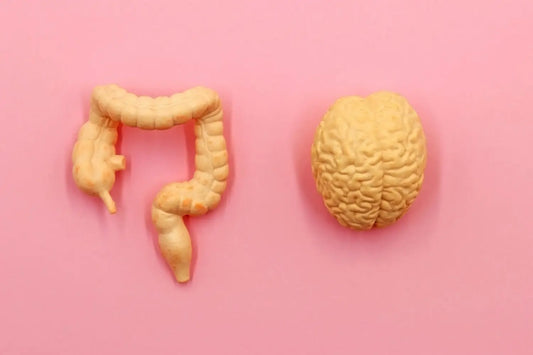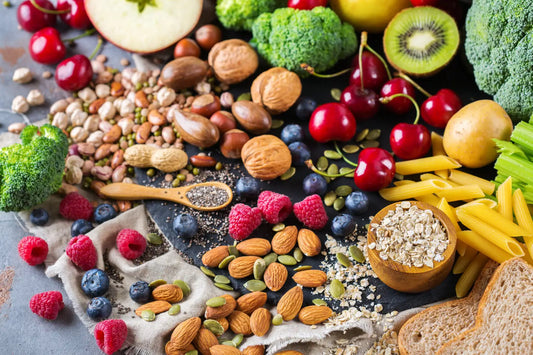Featured article
How To Get Rid of Vaginal Boils
So you're admiring your most beautiful organ (as you should!) when all of a sudden, you notice a questionable bump — but not just any bump, a painful bump.
Without hesitation, you grab your handy-dandy compact mirror to try and get an up-close and personal look of what's going on down there — that's when you find what appears to be a pint-sized mountain filled with pus on your vulva.
What gives?
A vaginal boil is an inflamed, pus-filled lump that forms under the skin of the vaginal area. We know — ouch! Not exactly what you want down there.
So, what causes these pesky little boils to grace us with their presence? And what's the best way to get rid of them? We'll tell you.
Read on to discover everything you need to know about vaginal boils, including why they develop and how to kick them to the curb. Are you ready?
Let's dive in.
What Is a Boil?
Simply put, a boil — medically known as a furuncle or skin abscess — is an infection that starts in a hair follicle or oil gland. Similar to an angry pimple, boils are filled with pus and look red or swollen.
More often than not, boils are pea-sized; however, they can grow as large as a golf ball in some cases. Symptoms can include:
Redness, swelling, and pain
An increase in the size of the bump as it fills with pus
A yellow or off-white tip or center
Weeping, oozing, or crusting
Warm to the touch
Boils are virtually harmless and usually don't require medical treatment, but if your boil is accompanied by a general feeling of ill health, chills, or a fever, call your doctor.
What Causes a Vaginal Boil?
While boils can pop up in any area of the body, they are commonly found lurking in the vaginal region— namely on the vulva rather than the vaginal opening or inside the vaginal canal.
This means that you may find a vaginal boil on the soft outer lips (your labia) or near where the vulva meets your inner legs (where lots of chafing tends to occur).
So, why do they develop?
In short, vaginal boils develop when a hair follicle becomes impacted, causing an infection to develop.
The vulva has many specialized glands and pores that can become blocked due to a type of bacteria known as Staphylococcus aureus (staph). This bacteria can live peacefully on the surface of your skin — it's only when it gets into your body that it may cause a problem.
When bacteria get into areas of the vaginal skin that have been cut or broken open, a lump filled with pus will form — aka, a boil. This is your body's way of trying to get rid of the infection.
Some of the most common causes of boils include:
Poor hygiene
Diabetes
Tight-fitting clothes
Skin conditions
Bartholin's cysts
Sexually transmitted infections (STI)
Folliculitis
Insect bites
Close contact with someone who had a boil
Consider using a pH balancing cleanser to help improve hygiene.
Are Vaginal Boils Contagious?
Vaginal boils are highly contagious.
A boil is an infection that can quickly spread via skin-to-skin contact. That said, if you happen to have a boil down there, you should:
Wash your hands thoroughly with soap and water before and after touching the infected area.
Avoid sharing personal items, like your towels, washcloths, and clothing.
Practice good hygiene
Keep the area clean and dry at all times
See your doctor or gynecologist if more boils start to form
What Are Some Tips To Combat Vaginal Boils?
Now that you know what vaginal boils are and how they develop, it's time to discuss the top tips to kick them to the curb. Here are some of the best remedies you can try to help speed up the healing process:
Tip #1: Apply a Warm Compress
A warm compress (not hot!) is key in combatting a pesky vaginal boil as it can:
Soften the inflamed vaginal boil
Promote good blood flow circulation
Promote drainage
Encourage your body's own defenses to flow to the area for quick healing
Simply grab a clean, warm, damp washcloth and apply it to the infected area for ten minutes, three to four times a day. This should shorten the healing time by a few days.
Tip #2: Opt for Breathable Undies
Whatever you do, don't wear tight undies when trying to heal a vaginal boil.
Steer clear of satin and opt for clean, cotton underwear to allow the skin to "breathe." Tight clothing can rub against the boil, causing it to become even more inflamed and irritated.
Tip #3: Refrain From Popping or Squeezing
We know it might seem tempting to squeeze the little sucker into oblivion, but this runs the risk of spreading the infection. And if the infection spreads, you could get another painful boil that you'd have to deal with.
In addition, trying to squeeze a boil can cause scarring. With that in mind, you have to ask yourself — as satisfying as it may be to pop a boil, is it really worth getting a permanent mark over? Yeah, we didn't think so.
Tip #4: Try a Sitz Bath
A sitz bath is a warm, soothing soak for your nether regions. It can be done in a bathtub or in a shallow basin that fits snugly over a toilet seat.
Soaking in warm H2O can help speed up the healing process by boosting blood flow to the affected area. Of course, it's not magic and won't make your vaginal boil vanish right away, but with daily use, it should heal sooner rather than later.
Tip #5: Use Gentle Products
To prevent your vaginal boil from sticking around longer, avoid highly fragmented soaps, lotions, dyes, douches, baby wipes, topical ointments, and powders, as these can irritate the sensitive tissue around your boil, ultimately slowing down the healing process.
When it boils down to supporting the health of your vagina, opt for gentle products that won't disrupt vaginal flora — like our fragrance-free pH Balancing Cleanser. This unbelievably gentle cleanser is made with soothing aloe and is completely free of sulfates, parabens, and fragrances, so it won't irritate your sensitive skin.*
To use, simply apply the pH balancing cleanser to your wet skin in the shower or bath before gently working it into a lather. Rinse clean and pat dry. Unlike other cleansers, pH Balancing Cleanser is gentle enough to be used every time you wash.
A Final Word
Whether you're dealing with lumps and bumps or discharge and odor, when somethings not quite right down there, it's not uncommon to think the worst, worry not, though, because chances are you'll be A-OK — especially if it's just a vaginal boil at the root of your woes.
In most cases, vaginal boils are no cause for concern as they typically go away on their own after about a week or two. However, they do have the potential to develop into a severe skin infection called cellulitis, so it's of the utmost importance to treat them with care.
To prevent vaginal boils from plaguing your vulva, there are many things you can do, like washing your hands regularly and shaving in the direction of hair growth. You can also use our Vaginal Health Kit to help keep your vaginal flora happy, healthy, and balanced.*
Here at Love Wellness, we combine trusted medical guidance with natural, clean ingredients to create an entirely new category of wellness for women that supports and nurtures the female body.
From vaginal boils to odd smells and just about everything in between, you can always count on us to have your back. Check us out today and see how we can help you live better tomorrow.
Sources:
Vaginal Boil: Causes, Treatment & Prevention | Cleveland Clinic
Boils and carbuncles: Overview - InformedHealth.org | NCBI Bookshelf
Vulvar skin care guidelines | University of Iowa Hospitals & Clinics
MRSA infection of buttocks, vulva, and genital tract in women | PubMed
Blisters: Causes, Treatment, Prevention | Cleveland Clinic
6 Ways Drinking Hot Water Helps Your Body | Blue Cross and Blue Shield's Federal Employee Program
Read Now
















